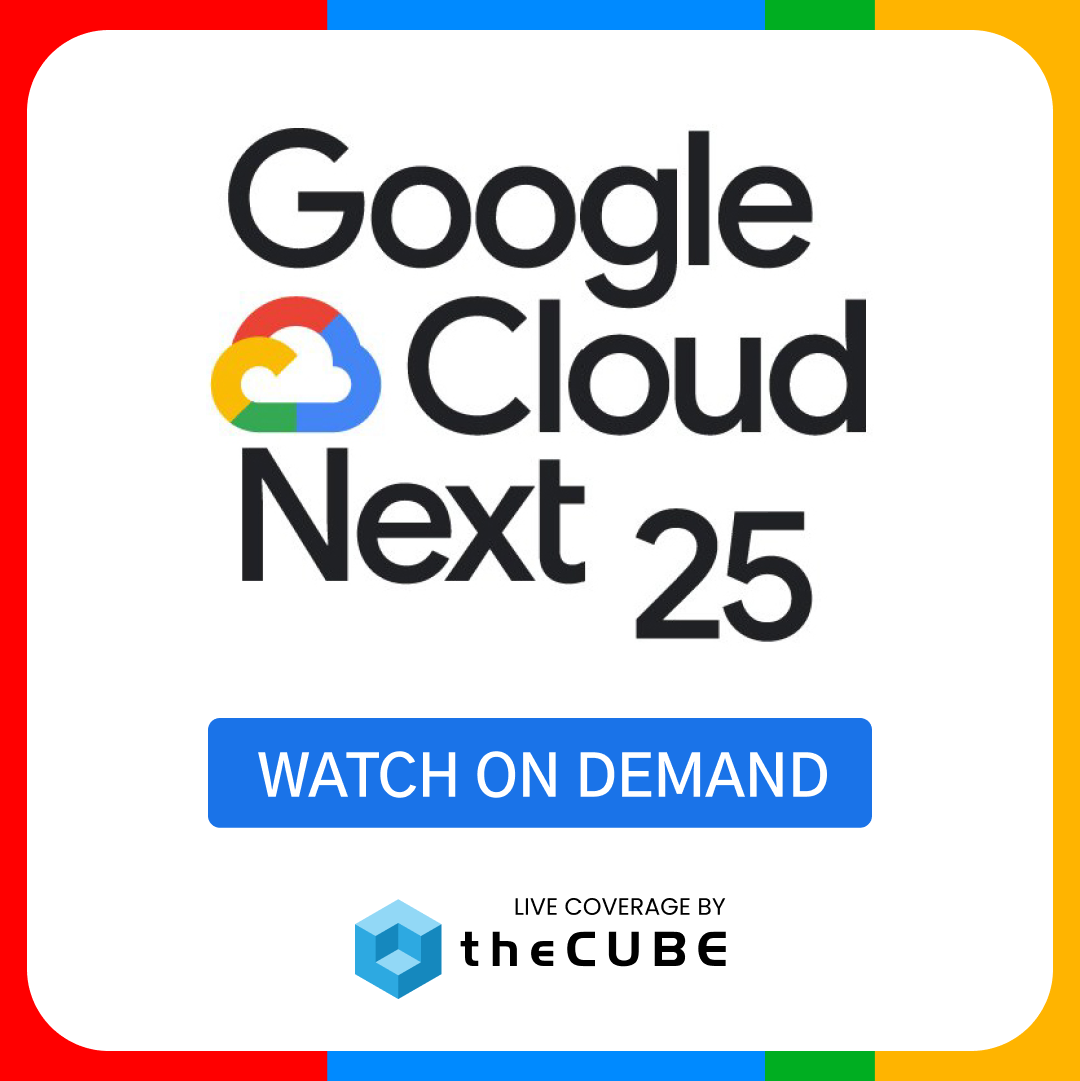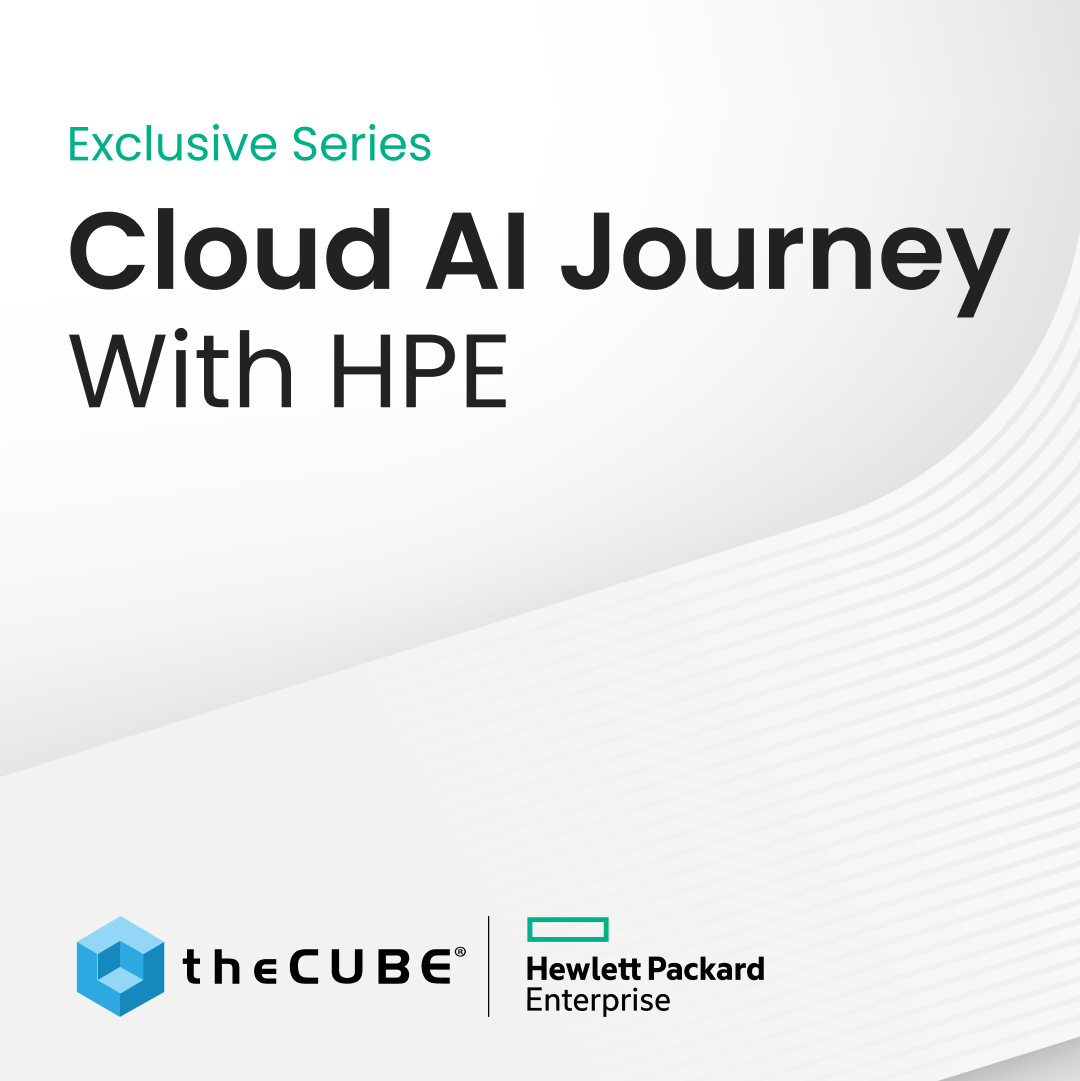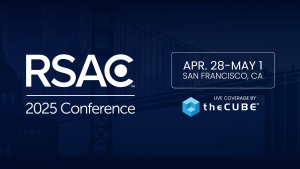Platform business models driving a revolution in networking | #MITIDE
The old days of product-based business models are long gone, says Marshall Van Alstyne, a visiting professor at MIT’s Sloan School of Management. In today’s “sharing” economy, “platform business models beat product business models almost every time, but it’s the product business models that we’ve been teaching about.” In a world where Facebook is one of the biggest media production companies (even though it doesn’t produce any content), Uber is the largest taxi company (even though it doesn’t own any taxis), and Airbnb is the largest hotel chain (without owning any hotels), the ecosystem and community around a product or an IP can actually be central to its value.
Traditional models of valuation often don’t know how to handle this new business model, where the value of a product increases as the number of users grow. One NYU professor took venture capitalists to task for their $1.2 billion dollar investment in Uber when its revenue stream was only in the hundreds of millions. By his calculations, the company was only worth about 5 billion dollars. But one of the VCs, the former CEO of PayPal, analyzed the data again and calculated that Uber’s network effects actually tripled its value. “More riders attract more drivers; more drivers attract more riders. And you get this feedback effect … Once you do that, you’re not just thinking of pricing the existing market, you’re changing the market,” said Alstyne. This feedback loop allowed Uber to encroach not just on the taxi market but the rental car market, second car market, and logistics market. At that point, “you’ve changed the whole market size,” Alstyne explained.
How can companies take advantage of network effects? They have to start by realizing that it’s no longer necessary to own all the components of a business. They can leverage the digital fabric in new ways to manage inventory that they do not control. But too much openness can be a bad thing—If you go too open, you can lose control of the ecosystem, as in the case of Linux, where customers also have rights to their modifications. Companies do need, according to Alstyne, “a proprietary compliment (not just services) … that can also scale.” In China, Android losing market share to an open-source version of itself. “Openness is a very wonderful way to grow the ecosystem and capture third party value, but you always need a proprietary compliment that you can still control and manage the IP in order to still have a business model,” stated Alstyne.
Still, Alstyne said he looks forward to the platform revolution as the democratization of education takes place through endeavors like Coursera and platforms like Skillshare. “Now anyone can gain access … not just people at MIT,” Alstyne said.
Watch the full interview below, and be sure to check out more of SiliconANGLE and theCUBE’s coverage of MIT IDE 2015.
A message from John Furrier, co-founder of SiliconANGLE:
Your vote of support is important to us and it helps us keep the content FREE.
One click below supports our mission to provide free, deep, and relevant content.
Join our community on YouTube
Join the community that includes more than 15,000 #CubeAlumni experts, including Amazon.com CEO Andy Jassy, Dell Technologies founder and CEO Michael Dell, Intel CEO Pat Gelsinger, and many more luminaries and experts.
THANK YOU

















